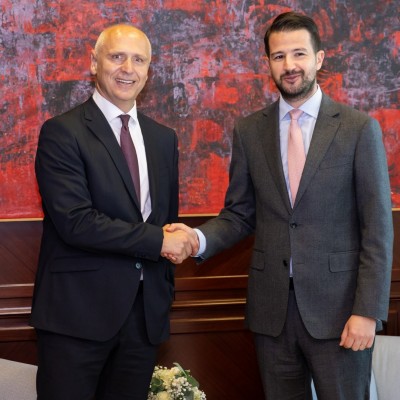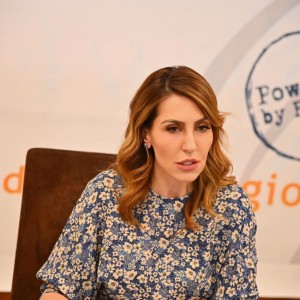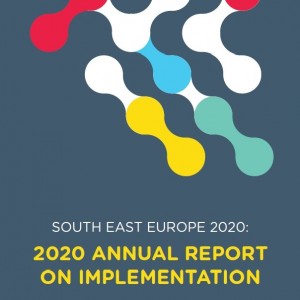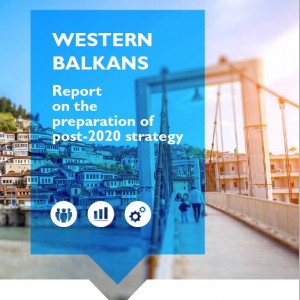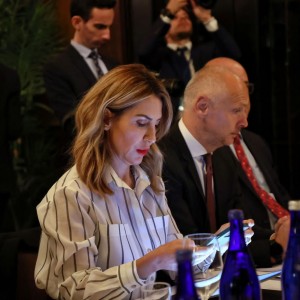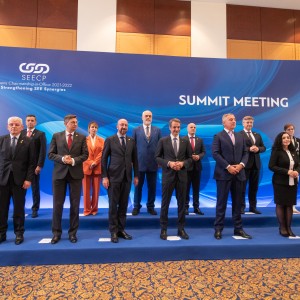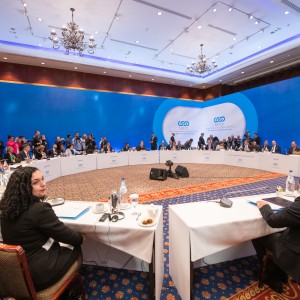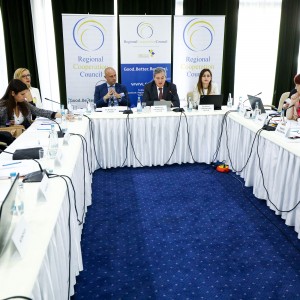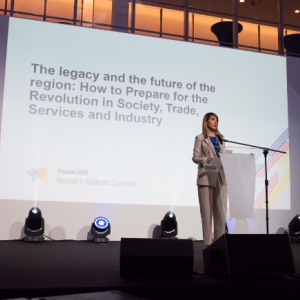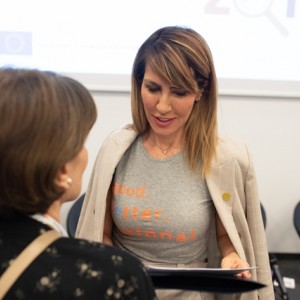The first step in the programming process is the internal preparation of the annual programming cycle. In this phase the RCC sets out the framework for programming, identifies programme ideas consistent with the targets set in the SEE 2020 Strategy, assesses the relevance and feasibility of these ideas, and determine the scope of further work.
The RCC has the main role in this phase in order to prepare the Draft Programming Calendar, and set the programming package, including, but not limited to, the list of strategic documents, templates, formats and lessons learned paper (when available), etc.
The RCC develops the SEE 2020 Programming Document in close cooperation with the RDCs and the national authorities through the consultation process. This SEE 2020 Programming Document sets out the priority actions for the SEE 2020 implementation identified during the annual programming cycle. The Programming Document covers a three year period, with intended updates on a rolling basis over the next five years of implementation.
The actions described in the document transpose the political priorities and measures put forth by the SEE 2020 Strategy and results from a wide consultative process involving the representatives of national authorities, regional organisations and structures and international organisations engaged in coordinating and implementing the SEE 2020. The Annual Report on Implementation (ARI), as the main monitoring tool for tracking SEE 2020 progress, produced and presented at the annual SEE 2020 Governing Board session, serves as the basis for preparation of the subsequent Programming Document.


